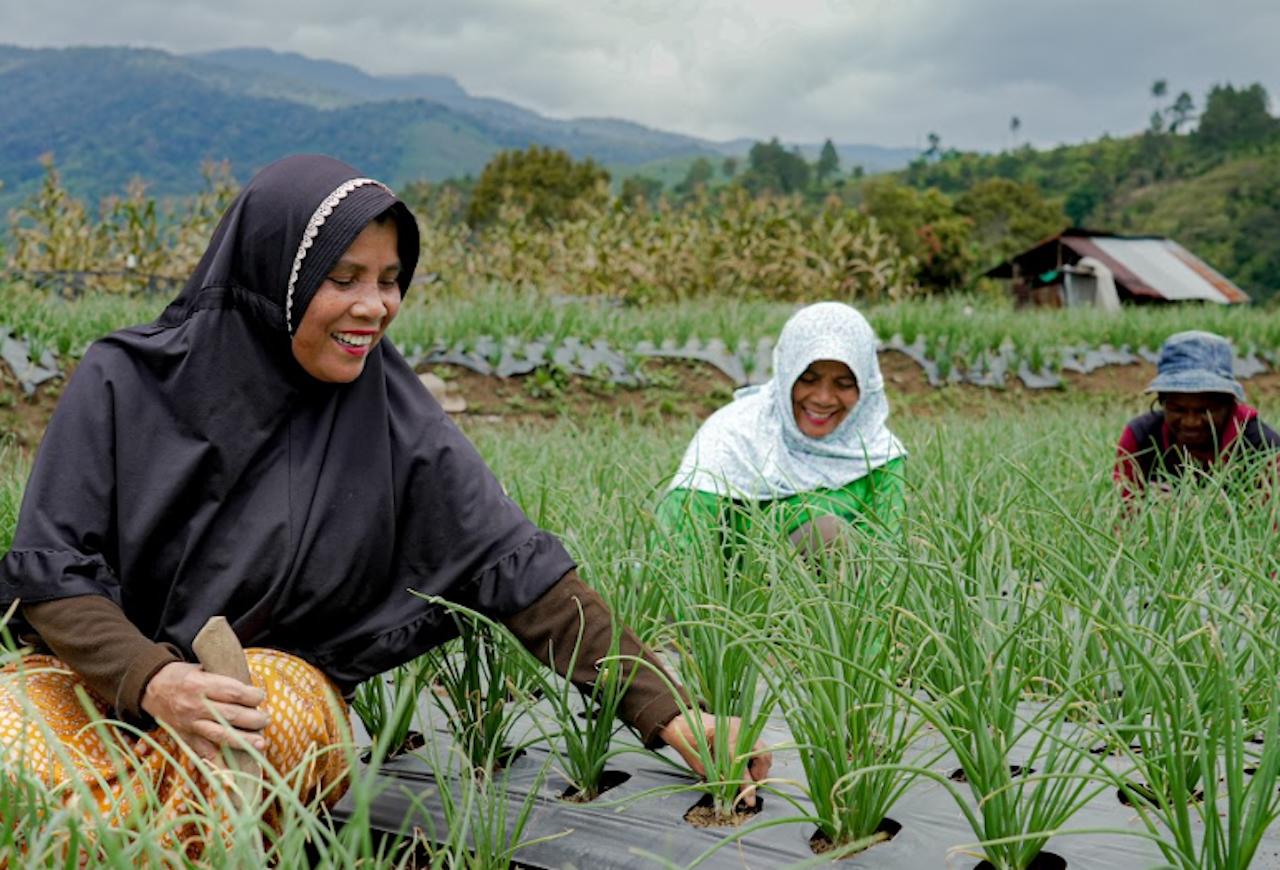The loan is part of a $199m International Finance Corporation-led initiative to support Amartha, an Indonesia fintech company operating in rural Indonesia connecting underserved microenterprises with affordable capital.

Swedfund, Finnfund and the Belgian Investment Company for Developing Countries (BIO) have committed $55m (€49m) to a $199m syndicated credit facility led by International Finance Corporation (IFC) that aims to boost access to finance for women-owned microenterprises.
The facility, which was set up by the IFC in 2023, is aimed at supporting Amartha, an Indonesian fintech microfinance marketplace working to address the challenges faced by women in rural and remote areas of Indonesia by facilitating access to affordable capital.
Speaking to Impact Investor, Björn Areskog, senior investment manager for Swedfund, explained: “Amartha connects lenders to rural entrepreneurs. It operates as a centralising digital platform enabling lenders to disburse loans to the end customer.”
According to Swedfund, Indonesia’s micro, small and medium enterprise (MSME) sector employs 97% of the workforce but has an estimated financing gap of $21bn. For female entrepreneurs the financing situation is even bleaker. Of the 44 million micro-enterprises in Indonesia, women entrepreneurs, particularly those operating outside of Java, face the largest financing gaps.
“The platform targets women entrepreneurs working in agriculture, small retail, or handicrafts – groups that have historically been among the most underserved,” said Areskog explaining that there is an growing demand for financial services but limited supply.
“Amartha identified that market opportunity to provide the working capital women entrepreneurs need to develop their business,” he added.
Jane Niedra, investment director leading the financial inclusion team at Swedfund, told Impact Investor that men were less affected by the lack of financing as they were, to a greater extent, employed in salaried positions.
Swedfund said that proceeds from the investment will be fully directed to supporting women borrowers in areas where financing gaps are widest and most difficult to fill. Of the $55m committed, Swedfund is committing $25m, Finnfund $15m, and BIO $15m.
Digital financial infrastructure for the grassroots economy
Areskog explained that for the majority of traditional banks and financial institutions, lending directly to microenterprises operating in rural or remote areas is not commercially viable. He said that Amartha helps to plug this financing gap by enabling lenders to use its platform to advance cooperative group loans to its end customers. The company also offers other services through an e-wallet, such as digital payments, a savings facility and the ability to invest by allowing customers to become micro lenders themselves, using their own balance to offer group loans to peers.
The company aim to help close the gender gap in labour force participation and stimulate local economies by providing loans with sustainable terms, including affordable unsecured loans, and facilitating access to capital for individuals with a limited credit history.
“It can be a challenge for banks and other financial institutions to reach individuals in rural and sparsely populated areas, who have therefore been overlooked. Amartha has an operational force dispersed across rural areas, meeting up with groups of women and providing them with digital financial support where possible to build scale and efficiency,” said Areskog.
Areskog said that 70% of the loans underwritten by Amartha target underserved communities outside of Java. “This makes it particularly important as a vehicle for financial inclusion,” he added.
Amartha also operates a digital transformation programme in partnership with the Indonesian government, which includes literacy training for rural villagers. Swedfund said this initiative is important for integrating micro-entrepreneurs into the digital economy and increasing their competitiveness and resilience.






